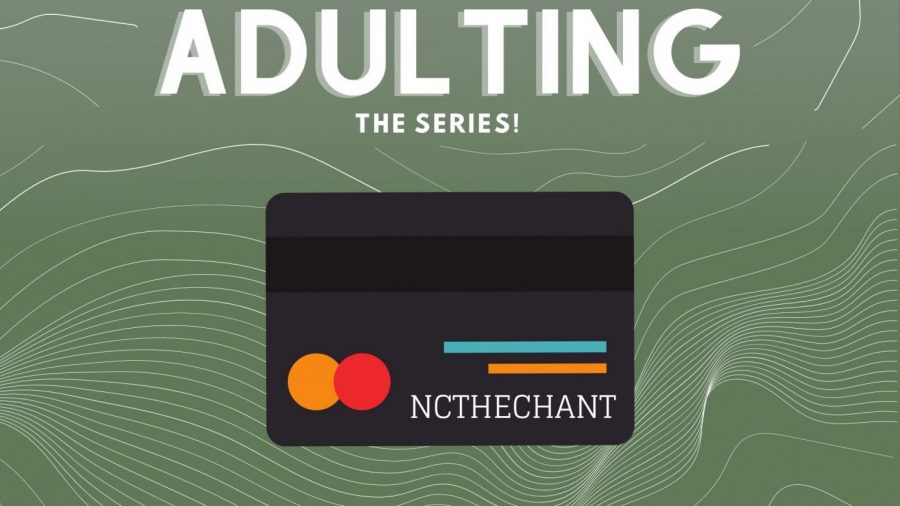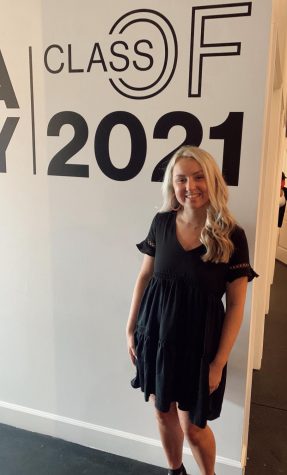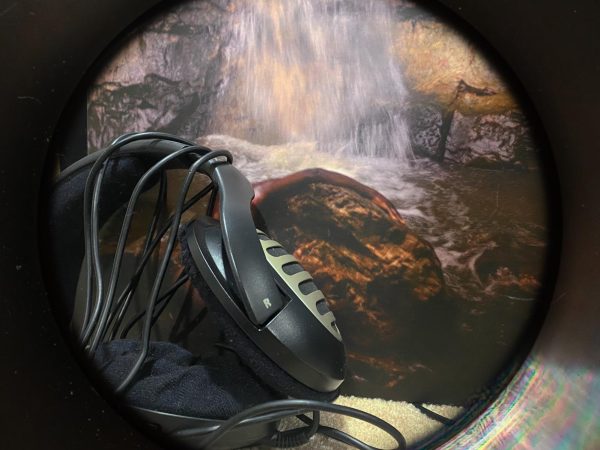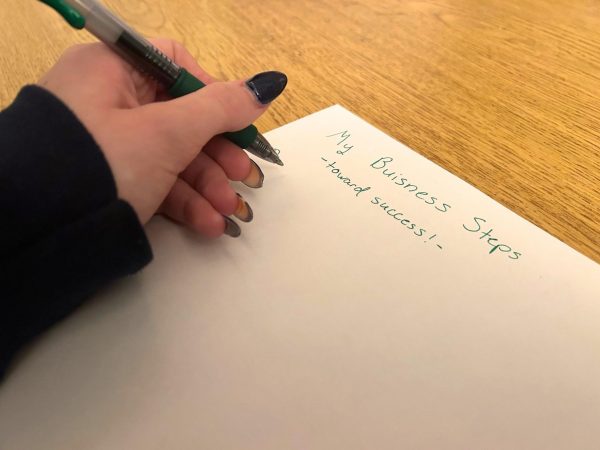How to adult: Credit cards
The new Adulting Series by The Chant will guide high school students through the complicated process of becoming an adult, through articles about credit cards, paying for college, and saving money. The first installment highlights the pros and cons of opening a credit card at a young age.
February 8, 2021
Becoming an adult calls for several huge steps: registering to vote, graduating high school, managing money, and more. As soon as a student turns 18 they receive the opportunity to open up a credit card, and companies will bombard them with information. Students may not know what to look for in a credit card or which fits their needs best.
Opening a credit card while young comes with pros and cons, but managing credit well makes the pros greatly outweigh the cons. Depending on your goals, after high school or college, students begin moving out of their parents house and looking for a new home. Without credit, renting an apartment or buying real estate becomes extremely difficult. Buying a car without credit means buying a car with limited financing options. Without a solid credit history or credit at all, necessities will become much harder to buy. Credit cards also exist for emergency expenses that funds might not cover, such as for a car part or medical expenses not covered by insurance.
“Students, high school or college, obtaining a credit card depends on the responsibility of the individual. Clark Howard has great guidelines on his website about how students can learn to use credit cards responsibly,” said NC AP Macroeconomics teacher Dr. Roach.
Parents often advise their children to wait to open a credit card until they grasp the consequences of careless spending. Education on credit cards will help students understand credit card limits, monthly payments, and interest rates. Typically the first week of college, credit card companies encourage students to open up a credit card for their expenses and begin building credit. This may sound great, but which credit card should a college student choose?
Credit card companies design students credit cards for those without established credit history. Typically the annual fees, a yearly charge to use the credit card, barely or do not exist. The Discover Student Cash Back credit card does not charge an annual fee or require credit history and rewards users with cash back and statement credits. Discover grants students that maintain a high GPA a statement credit. Despite these rewards and pros for the credit card, student cards usually only allow users to borrow a small amount each month to ensure they can pay it back and build credit. Discover student credit cards remain the most popular in the market for these reasons and more. Capital One also offers several options for student credit cards, including the Secured Mastercard. A secured credit card means that users would deposit an amount of money to start and that money would become the line of credit. After several months of paying each month and not spending over the line of credit, Capital One may refund the deposit and allow you to open an unsecured credit card. Although easier to qualify for, the limit may not meet people’s needs.
Credit cards charge interest on the amount of money borrowed using an annual percentage rate. If paid in full each month, most credit card companies will not charge this. Not paying the full amount each month, or “carrying a balance,” will result in interest rates charged. Those that find managing money difficult tend to find credit cards a slippery slope. Not paying one month means paying much more the next month and so on until users find themselves with thousands of dollars in debt and a terrible credit score.
The key to not falling into the trap consists of balance. If you know that you will pay off the full balance each month, a credit card with cash back and rewards would work best for your needs. If you know that you need to make a larger purchase and pay the minimum each month for a while, a credit card with low interest rate fits your situation best. Whatever the situation for a student graduating high school, opening up a credit card constitutes the next step into adulthood.



















